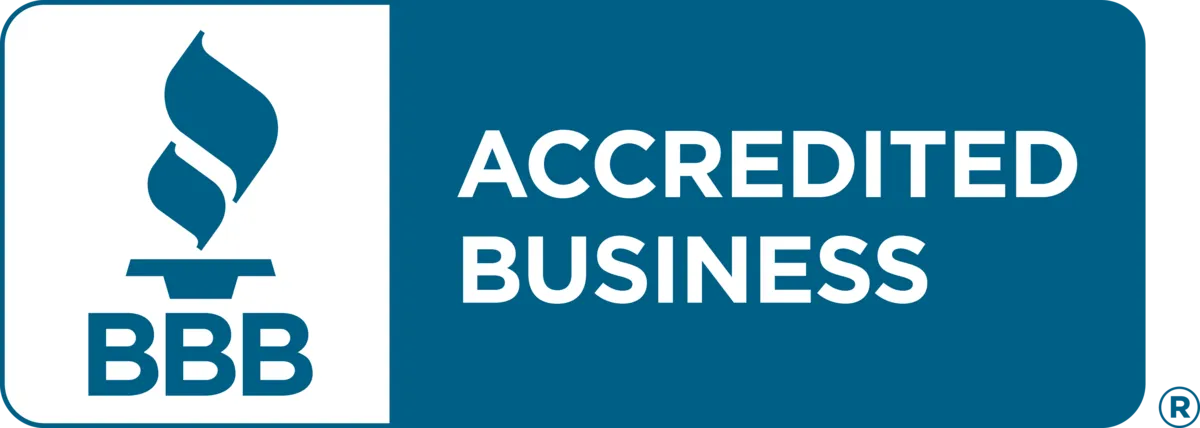
Understanding Short Sales and How They Work
Selling a home through a short sale can be a viable option for homeowners facing financial difficulties. At N27 Real Estate Solutions, we specialize in helping homeowners navigate the complexities of short sales, ensuring a smooth and efficient process. Here’s what you need to know about short sales and how they work in Minnesota.
What is a Short Sale?
A short sale occurs when a homeowner sells their property for less than the outstanding mortgage balance, with the lender’s approval. The proceeds from the sale are used to pay off a portion of the mortgage, and the lender agrees to forgive the remaining debt. Short sales are typically pursued as an alternative to foreclosure, offering a less damaging impact on the homeowner’s credit.
The Short Sale Process
The short sale process involves several steps, each requiring careful attention to detail and communication with all parties involved. Here’s a step-by-step guide to navigating a short sale in Minnesota:
1. Assess Your Financial Situation
Before pursuing a short sale, it’s essential to assess your financial situation and determine if this option is right for you. Consider factors such as your income, expenses, and the amount of debt you owe on your mortgage.
Steps to Assess Your Financial Situation:
Review Your Finances: Take a close look at your income, expenses, and any other debts you may have.
Consult with a Financial Advisor: Consider speaking with a financial advisor to understand your options and make an informed decision.
Determine Eligibility: Ensure you meet the eligibility requirements for a short sale, such as experiencing financial hardship.
2. Contact Your Lender
Once you’ve decided to pursue a short sale, the next step is to contact your lender. Inform them of your financial situation and your intention to sell the property through a short sale. Lenders typically require detailed documentation to approve a short sale.
Documentation Needed for Lender Approval:
Hardship Letter: A letter explaining your financial hardship and why you’re unable to continue making mortgage payments.
Financial Statements: Documents detailing your income, expenses, assets, and liabilities.
Tax Returns: Copies of your recent tax returns.
Bank Statements: Recent bank statements to provide a clear picture of your financial situation.
Listing Agreement: A listing agreement with a real estate agent, if applicable.
3. Hire a Real Estate Agent Experienced in Short Sales
Working with a real estate agent who has experience with short sales can significantly ease the process. An experienced agent can help you list the property, market it effectively, and navigate negotiations with the lender and potential buyers.
Benefits of Hiring an Experienced Agent:
Expert Guidance: Receive expert advice and support throughout the short sale process.
Effective Marketing: Benefit from the agent’s marketing strategies to attract potential buyers.
Negotiation Skills: Leverage the agent’s negotiation skills to work with the lender and buyers.
4. List and Market the Property
Once you’ve hired an agent, it’s time to list and market the property. The goal is to attract buyers quickly, as short sales often need to be completed within a specific timeframe.
Marketing Strategies:
High-Quality Photos: Invest in professional photography to showcase the property’s best features.
Virtual Tours: Create a virtual tour to give potential buyers an immersive experience.
Real Estate Websites: List the property on popular real estate websites like Zillow, Redfin, and Realtor.com.
Social Media: Promote the property on social media platforms such as Facebook, Instagram, and Twitter.
Yard Signs: Place a “For Sale” sign in the yard with contact information.
5. Receive and Review Offers
As offers come in, review them with your real estate agent and determine the best course of action. Keep in mind that all offers are subject to lender approval, as the lender will need to agree to the sale terms.
Tips for Reviewing Offers:
Compare Offers: Review and compare multiple offers to determine which is the most favorable.
Consider Contingencies: Be aware of any contingencies included in the offers, such as inspection or financing contingencies.
Work with Your Agent: Rely on your agent’s expertise to help you evaluate and negotiate offers.
6. Submit the Offer to Your Lender
Once you’ve accepted an offer, submit it to your lender for approval. The lender will review the offer, along with the supporting documentation, to determine if they will approve the short sale.
Steps to Submit the Offer:
Gather Documentation: Collect all necessary documentation, including the purchase agreement, hardship letter, and financial statements.
Submit to Lender: Work with your agent to submit the offer and supporting documents to the lender.
Communicate with Lender: Maintain open communication with the lender throughout the review process.
7. Negotiate with the Lender
The lender may counter the offer or request additional information before approving the short sale. Be prepared to negotiate and provide any requested documentation promptly.
Tips for Successful Negotiation:
Be Responsive: Respond quickly to any requests from the lender to avoid delays.
Stay Organized: Keep all documentation organized and readily available.
Seek Professional Help: Consider consulting with a real estate attorney or negotiator experienced in short sales.
8. Close the Sale
Once the lender approves the short sale, it’s time to close the sale. Work with your real estate agent, attorney, and title company to ensure a smooth closing process.
Steps to Close the Sale:
Schedule Closing Date: Coordinate with the buyer and all parties involved to schedule the closing date.
Review Closing Documents: Carefully review all closing documents before signing.
Complete the Sale: Sign the necessary documents and complete the sale, transferring ownership to the buyer.
Benefits of a Short Sale
While short sales can be complex, they offer several benefits compared to foreclosure:
Less Impact on Credit: Short sales are less damaging to your credit score than foreclosure.
Avoid Foreclosure: Prevent the legal and emotional stress associated with foreclosure.
Debt Forgiveness: Lenders may agree to forgive the remaining mortgage debt.
Future Homeownership: Short sales may allow you to qualify for a mortgage sooner than if you went through foreclosure.
Why Choose N27 Real Estate Solutions?
At N27 Real Estate Solutions, we understand the challenges of short sales and are here to help you navigate the process. Here’s why you should consider working with us:
Experience and Expertise: We have extensive experience handling short sales and can guide you through each step.
Fair and Competitive Offers: We provide fair and competitive cash offers for properties.
Quick and Efficient Process: We aim to make the process as quick and efficient as possible, minimizing stress for you and your family.
Final Thoughts
Navigating a short sale can be challenging, but with the right strategies and support, you can achieve a successful outcome. By understanding the process, working with experienced professionals, and maintaining open communication with your lender, you can navigate the short sale process smoothly. If you need assistance with a short sale in Minnesota, contact N27 Real Estate Solutions. We are here to help you through this difficult time and ensure a successful sale.




